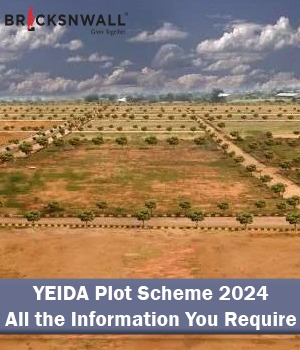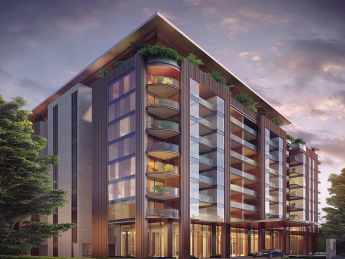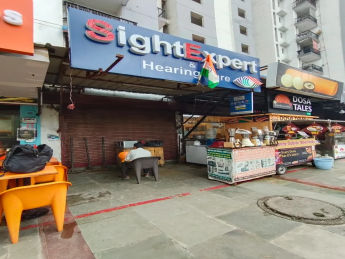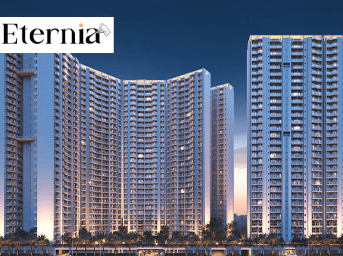Skirting and its various types in construction
By Bricksnwall | 2024-06-16
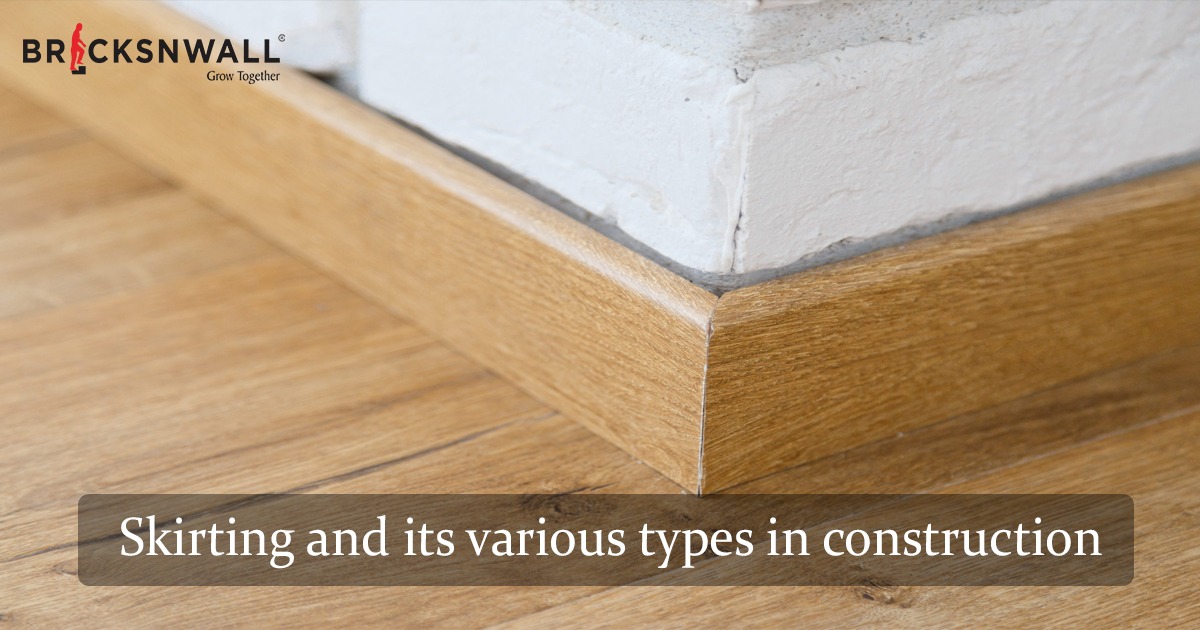
What is Skirting?
Skirting is sometimes referred to as baseboards or
skirting boards. It passes through the bottom of the interior wall. Its main
purpose is to conceal the area between the wall and the floor. Its main
function is to conceal the distance between the wall and the floor. Skirting
boards make your space appear larger than it is because the eye glides from the
floor to the wall, producing a smooth illusion of a transition between the two.
This article will discuss the numerous forms of skirting used in buildings.
The Goals of Offering Skirting
- To prevent damage to the wall-floor junction.
- When washing and mopping the house, keep dirt
stains off the walls.
- Close the gap between the wall and the floor.
- To improve the building's appearance.
- Allow some space between the wall and the
furnishings.
- To prevent stains on the furniture.
- To cover any exposed or open cables within.
- Keep water away from the walls.
- Hide unpleasant stuff on the wall.
Types of Skirting
The following are the several types of skirting
used in houses and buildings:
Wooden skirting works well with granite, marble, or
tile flooring. They give the structure a classy aspect. Wood skirting is also
utilized on ceilings, walls, and light floors. Traditional interiors have
wooden skirting. Wooden skirting comes in a wide range of colors, sizes,
designs, and shapes. Wooden skirting is visually beautiful and serves aesthetic
objectives.
Pencil skirting is a great option for creating a
polished and finished look in a space. In addition to providing a gorgeous,
polished finish, pencil skirting is used to close the expansion gap. This
skirting can be used on plain, textured, or patterned walls. Pencil skirting
usually has a rounded top edge.
Metal skirting is manufactured from stainless
steel. This type of skirting makes the space appear brighter. One of the most
significant disadvantages of stainless steel skirting is how easily it
scratches. It has a sleek exterior. Installing this type of skirting needs
specialized personnel and is more difficult.
Flush skirting is the best option for matching the
level of the plastering surface. Any room will benefit from flush skirting.
Unlike other exterior-level tiles, it does not attract dust. The main advantage
of this type of skirting over others that remain stretched out of the wall is
that it does not easily attract dust. These types of skirting allow the
furniture to be positioned to properly compliment the wall while also freeing
up floor space.
Double-layered skirting is also referred to as
two-toned skirting. These skirting boards serve to make the room's design more
complicated.
As the name implies, this type of skirting consists
of two components that connect when fitted. The two layers of this skirting can
have the same or different levels. The double-layer skirt is a truly unique
concept that creates a one-of-a-kind look. Two-layer skirting installation
requires experienced labor.
Skirting continues regardless of neighboring
buildings, such as stairways or other structures, as the term implies. In an
interior environment, it can be used to create color harmony.
Colored skirting involves painting the skirting
board with a specific color. MDF (Medium Density Fiberboard) is commonly used
instead of HDF (High-Density Fiberboard) since it costs less.
Bullnose skirting enhances the building's current
and elegant appearance. Bullnose skirting has the advantage of requiring less
maintenance and being easier to clean. It complements any interior design
aesthetic.
Plastering Plaster skirting boards are distinct
from other types of skirting. As a result, the walls are improved and appear
more sophisticated. The skirting breaks up the smoothness of the wall's plaster
and the wooden floor.
Movable floor Skirting is a unique type of floor
covering. It fits behind the cabinet and conceals a lockable locker. When
closed, the drawers mimic the skirting under the cabinet and may be pushed out
to access the storage area beneath them.
MDF skirting is a product created from compressed
fiber. This type of skirting comes in a wide range of colors and designs. MDF
skirting comes in two types: pre-finished and pre-finished with primer. It also
costs less and lasts longer.
PVC skirting is affixed to the bottom of
ground-level separators. PVC skirting sheets can be painted or given a fresh
color, making them highly versatile. PVC skirting boards hide the gaps between
the floor and the partition. It gives your partitions a completed, beautiful
appearance. Furthermore, it provides exceptional protection against dampness,
scuffs, scratches, and wetness.

